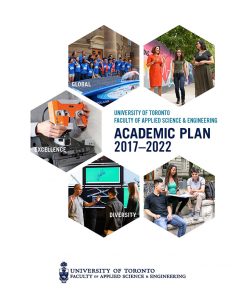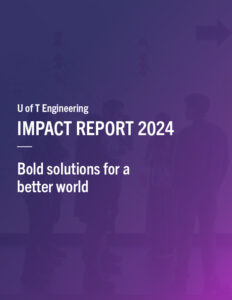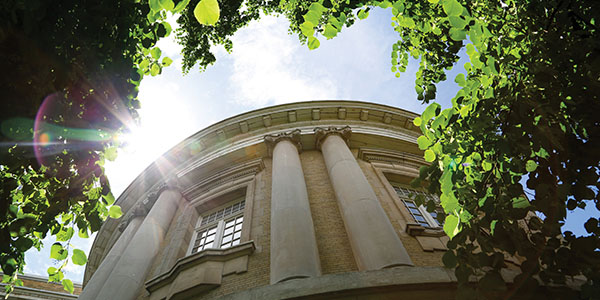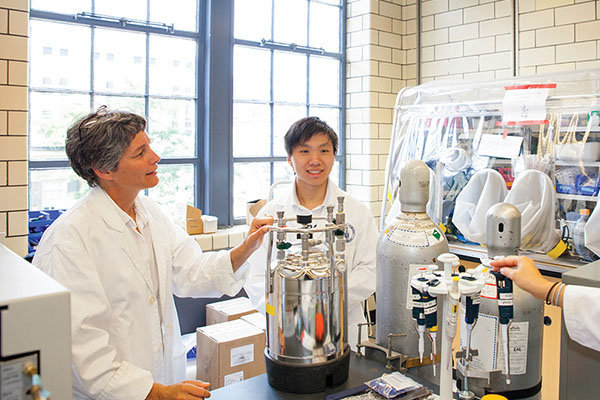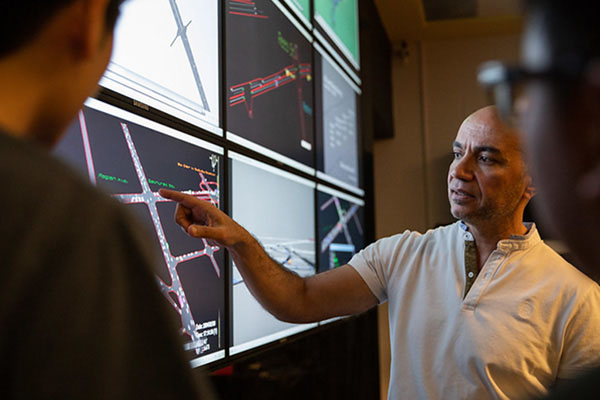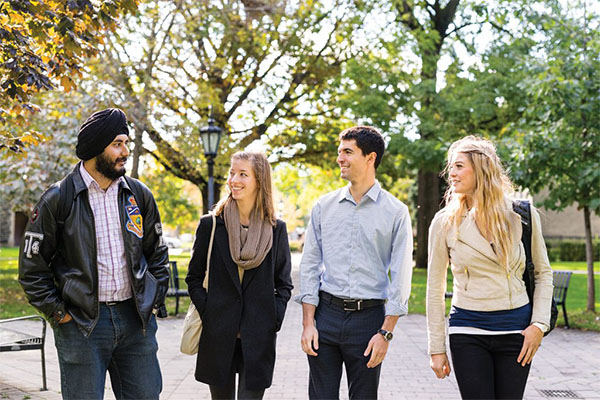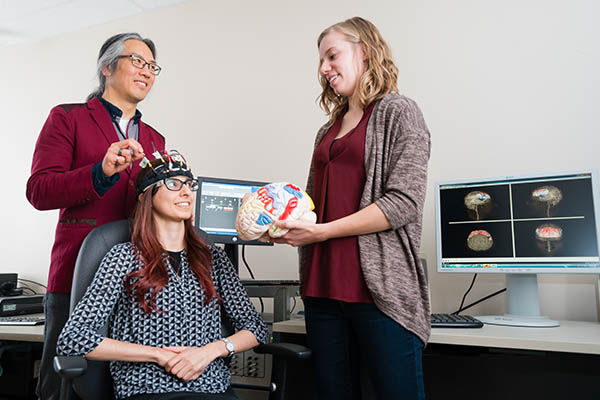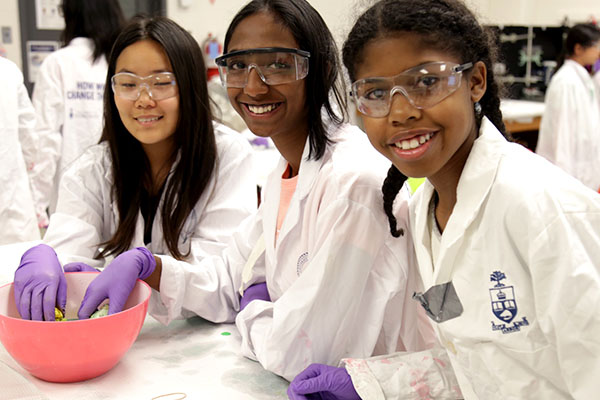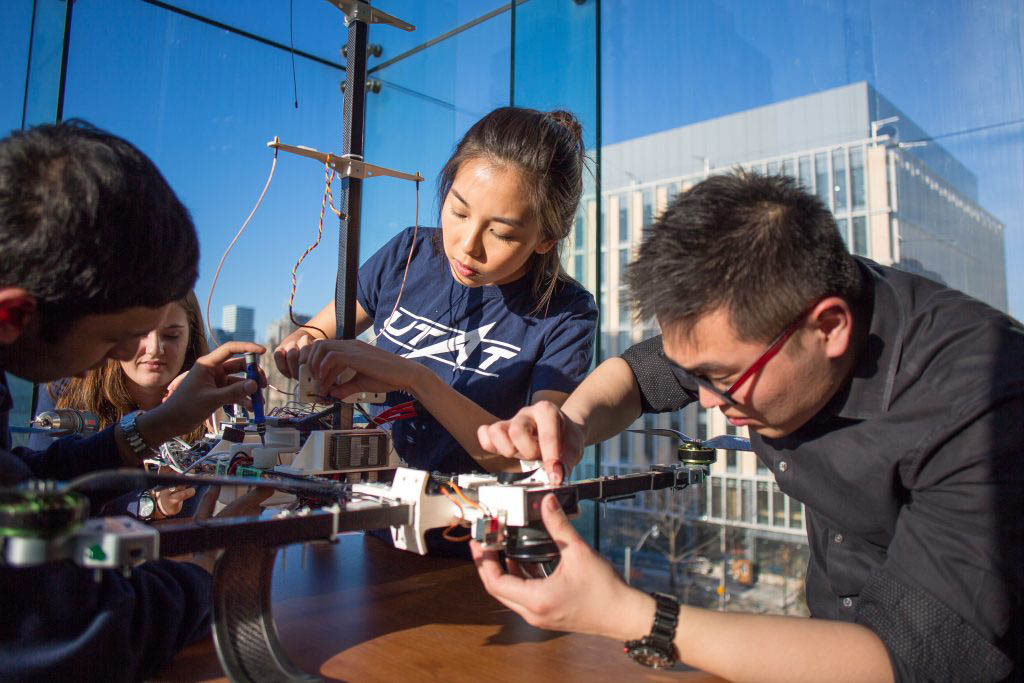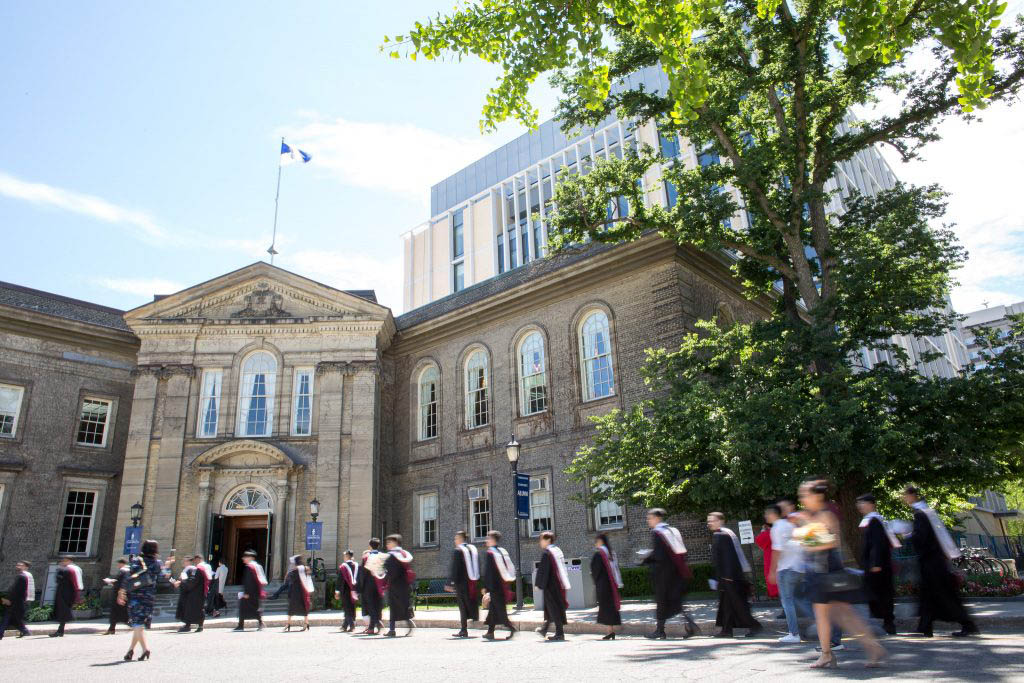Ayse Asatekin, Tufts University
Host: Prof. Jay Werber
Membranes offer a highly energy-efficient, simple to operate, scalable and portable separation method for many applications, from water treatment to oil and gas processing to pharmaceutical manufacturing. Yet, their broader use is often limited by insufficient selectivity and/or fouling with complex feeds. There are no commercial membranes that can separate small molecules of similar size in the liquid phase based on their chemical properties. We aim to develop new synthetic polymer membranes that accomplish this by self-assemble and create structures that mimic key features of biological pores like ion channels and porins: Constricted pores <5 nm in diameter that confine permeation, lined with functional groups that interact with the target during passage. Our first approach utilized the self-assembly of zwitterionic amphiphilic copolymers (ZACs), synthesized from a hydrophobic and a zwitterionic monomer. When ZACs are coated onto a support to form a thin film composite (TFC) membrane, self-assembled zwitterionic domains act as a network of nanochannels for water permeation. Our first ZAC-based thin film composite (TFC) membranes were size-selective with an effective pore size of ~1.3-1.5 nm. These membranes are exceptionally fouling resistant. We then developed cross-linkable ZACs (X-ZACs), which enabled us to access smaller effective pore sizes, down to ~0.9 nm, where ion separations are possible. Our membranes with the smallest pore sizes exhibited unprecedented selectivity between equally charged anions, including the highest Cl–/F– selectivity in the literature. This selectivity arises from zwitterion-ion interactions, which affect both ion partitioning and ion diffusivity, further emphasized through nanoconfinement. This opens the door to novel membranes with novel selectivity between molecules and ions of similar size and charge, mediated through channel-solute interactions. More recently, we have been exploring new avenues to prepare membranes the self-assembled nanopores and fouling resistance of ZAC-based membranes, but expand the range of separations accessible. We have developed amphiphilic polyampholytes (APAs), where hydrophobic, anionic, and cationic monomers form a random/statistical terpolymer that is insoluble in water. This approach allows access to a very broad array of functional groups lining the effective nanopores of these membranes, opening the door for complex separations. Alternatively, we have formed amphiphilic polyelectrolyte complex (APEC) membranes by coating consecutive layers of two amphiphilic polyelectrolytes (i.e. water-insoluble copolymers combining a hydrophobic monomer with either an anionic or a cationic monomer). Interestingly, these bilayer membranes exhibit very small effective pore sizes as well as higher permeances, implying selectivity arises from the formation of polyelectrolyte complexes at a thin interface between these layers. These approaches demonstrate a versatile and highly customizable approach for developing novel high-performance membranes.
_____
Ayse Asatekin is an associate professor in the Chemical and Biological Engineering Department at Tufts University, and Steve and Kristen Remondi Faculty Fellow. She received bachelor’s degrees in chemical engineering and chemistry from the Middle East Technical University (METU) in Ankara, Turkey. She went on to receive her Ph.D. in chemical engineering through the Program in Polymer Science and Technology (PPST) at MIT. She pursued her post-doctoral work with Prof. Karen K. Gleason, also at MIT. She co-founded Clean Membranes, Inc., a start-up company that commercialized a membrane technology that she began developing during her doctoral research, and worked as its Principal Scientist before joining the Tufts faculty in 2012. Novel membrane technologies developed in her lab are currently being commercialized by ZwitterCo, Inc., where she serves as the Senior Scientific Advisor. She is a Senior Member of the National Academy of Inventors, and the recipient of the NSF CAREER Award, Massachusetts Clean Energy Council’s Catalyst Award, and the Turkish American Scientists and Scholars Young Scholar Award. Her research interests are in developing novel membranes for clean water and energy-efficient separations through polymer self-assembly. She is also interested in multi-functional membranes, controlling surface chemistry for biomedical applications, polymer science, and energy storage.

